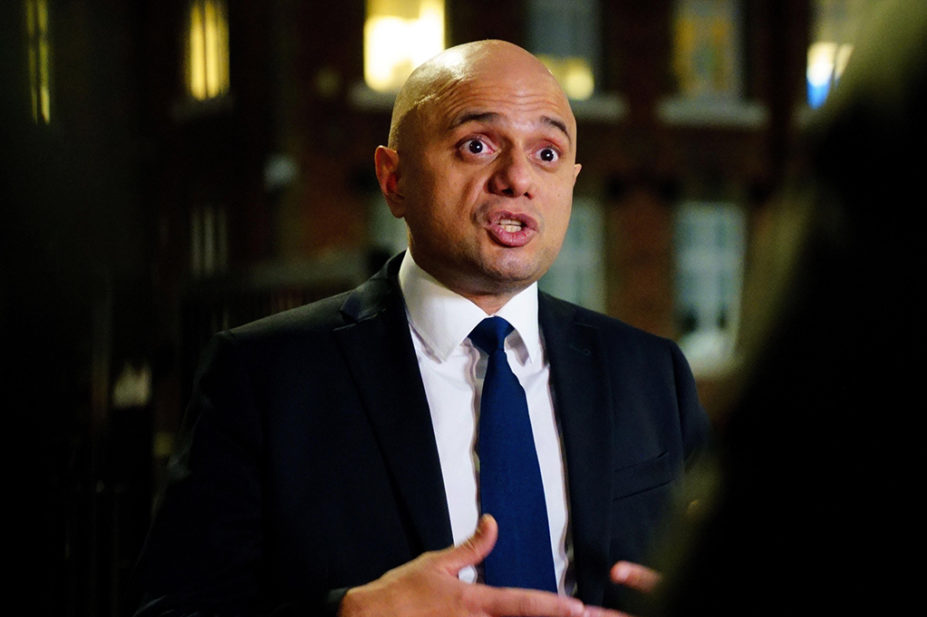
PA Images / Alamy Stock Photo
People with rare diseases will benefit from faster access to the specialist care, treatment and drugs they need, according to England’s first ‘Rare Diseases Action Plan‘.
Published on 28 February 2022, the plan states that the overall uptake of drugs for patients with rare diseases will be monitored and access will be mapped across the country in order to promote equal access for all.
The ‘England Rare Diseases Action Plan 2022’ follows on from the ‘UK Rare Diseases Framework‘, which was published in January 2021 and outlines national priorities for improving the lives of those affected by rare conditions, such as muscular dystrophies and Huntington’s disease.
According to the National Institute for Health Research (NIHR), there are more than 7,000 rare diseases, affecting an estimated 3.5 million people in the UK.
In the plan — developed in partnership with NHS England and NHS Improvement (NHSE&I), the National Institute for Health and Care Excellence (NICE), Health Education England, Genomics England, the NIHR, NHS Digital and the Medical Research Council — NHSE&I has committed to a number of actions to support rapid access to drugs for patients with rare diseases.
This includes mapping schemes, such as the ‘Innovative Medicines Fund‘, to promote understanding of their place in the evaluation pathway, using horizon scanning and engaging with partners, such as NICE and the pharmaceutical industry, to anticipate which drugs will be available when and identifying at an early stage any challenges in delivering them to patients.
Sajid Javid, health and social secretary, said: “This action plan will speed up diagnoses and care and allow our fantastic workforce to better support patients, by drawing upon the UK’s world-leading science and technology.
“I am committed to levelling up our health system so that everyone, regardless of their condition, can receive treatment that is tailored to their needs.”
Lucy Chappell, chief executive of the NIHR, said that around 1 in 17 people would develop a rare disease at some point in their lives.
“Cumulatively, these diseases affect a substantial proportion of the population,” she added.
“The impacts on these individuals and their families are wide-ranging. Our research needs to continue to address early diagnosis, effective treatments and supporting them to live well with their conditions.”
Other actions laid out in the plan include a research pilot using whole genome sequencing to screen for rare genetic conditions in healthy newborns, as well as the development of a toolkit for virtual consultations to increase the effectiveness of video conference and telephone clinic calls.
The government will also continue investing in the development of nucleic acid therapies — for example, through the Gene Therapy Innovation Hubs and the Nucleic Acid Therapy Accelerator.
The devolved administrations will publish their own action plans by the end of 2022.
Read more: Just out of reach — why the UK must rethink its barriers to novel medicines


